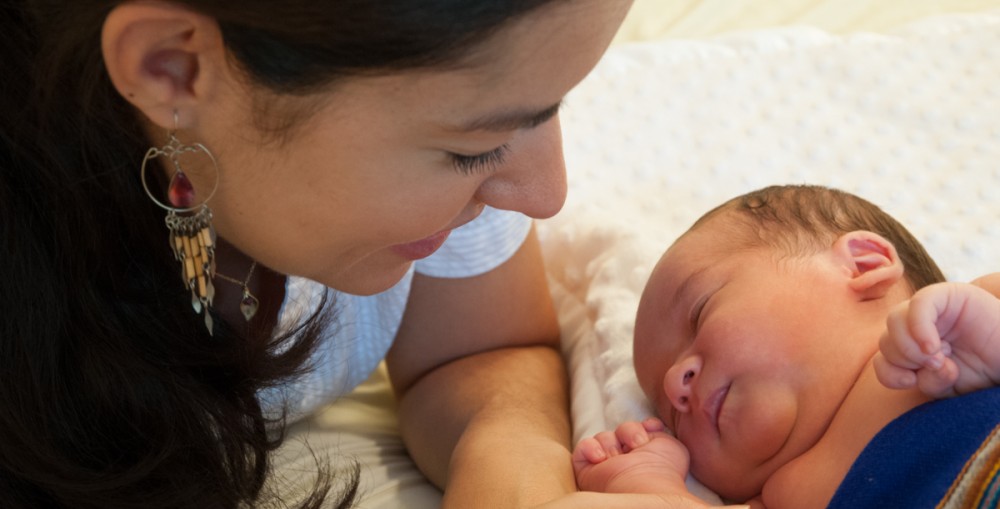After searching through topics that we’ve reviewed in this class this semester, I found a couple of articles about infant mental health, which piqued my interest because it hadn’t been covered so much in class. Human health does not only comprise of physical health but consists of elements that lend to mental and spiritual health as well. Unfortunately, there are many circumstances where infant mental health is at jeopardy, such as in the presence of child abuse, violence, attachment problems, depression, and anxiety. So what is currently being done for these infants? What are the current interventions and health promotions being enacted for infant mental health?
What is infant mental health? According to The Center on the Social and Emotional Foundations for Early Learning at Vanderbuilt University, infant mental health is the social and emotional development of a child from birth to 3 years of age.
How do we measure infant mental health? In addition to developmental milestones related to speech, recognition, and social cues, infant mental health is also measured by the infant’s ability to experience, regulate, and express emotions.
What influences infant mental health? These include the availability of close, secure, and interpersonal relationships with caregivers and family members. Culture is a huge factor as well, contributing to parenting style and childrearing practices. What is also considered is the infant’s “inborn” capacity to explore his or her own environment and participate in sensory-filled activities?
What interventions are available to help ensure positive infant mental health? Prevention via early childhood care, focused intervention for families experiencing domestic issues, crises, etc., and intensive intervention which includes family support, therapy groups, and coping and stress management workshops.
I feel infant mental health is often not given the attention it deserves. The social relationships and coping behaviors that shape an individual begin at a very early age. What are your thoughts on the importance of mental health in infants? Should it be given more attention? How do you think parenting affects attachment styles and how does that affect current and future mental health in children?
http://csefel.vanderbilt.edu/documents/rs_infant_mental_health.pdf

Thank you for sharing this, Deanna! I never even thought to consider infant mental health, even though it now seems like an obvious thing to consider. I had always assumed that children’s minds were too young to be molded by certain events, but I had not considered event like trauma or if they have attachment issues early in life. I’m curious how the field wrestles with the idea of memory, since most psychologists have agreed that concrete memories are not made until the age of three. How do we know what affects children at an early age if they cannot remember what happened to them?
Great post Deanna. Alyssa you bring up a good point about memories, but I believe in Molly’s presentation she unpacked how crucial communication with infants is. So while they may not have the memories, they do have the positive feedback from a parent’s or provider’s words.
Yes you’re right! Molly did touch on this topic. I believe she also mentioned the “Talk with me baby” program, which is really gaining national attention.
As a nurse, we worry about this a lot in the NICU; when preterm babies are fragile and spend often over a month in isolettes with hour visits or so from parents, they’re not being as talked to or socialized as children that get to go home, with less touch interaction and environmental stimulation. Sadly, we have very few longitudinal studies about the effects of such conditions upon which to base interventions, so we’re not sure the extent of how this impacts them, but nurses often do try to talk and interact with them as much as possible without interfering with life-saving care.